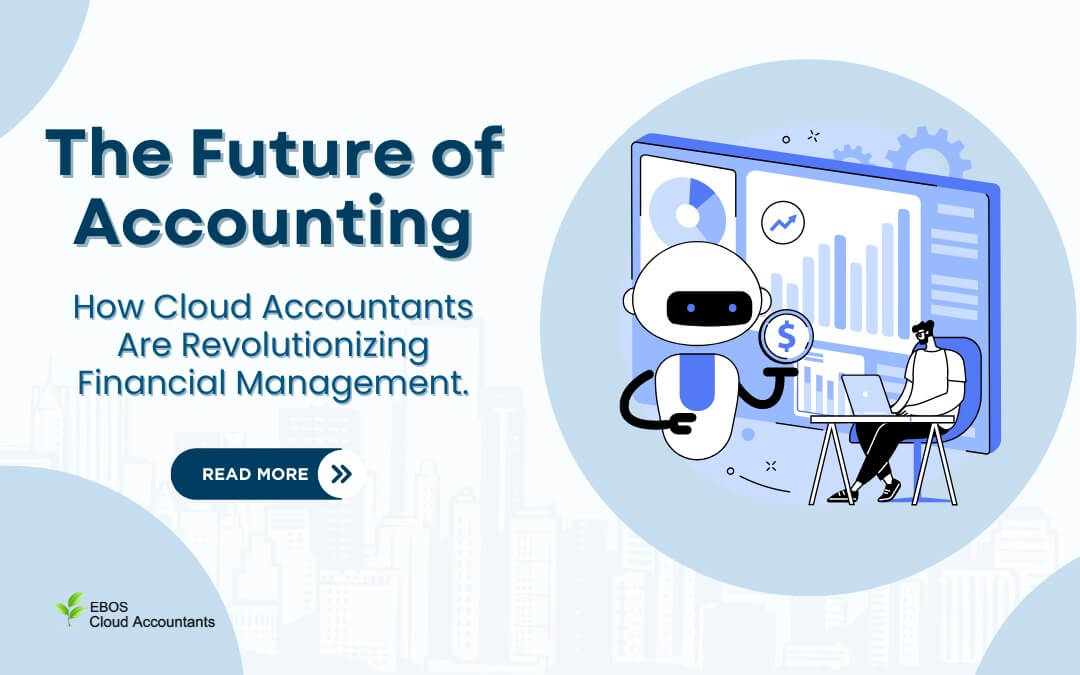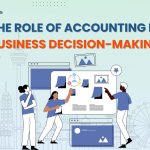Businesses in Singapore have significantly increased their use of cloud accounting software. Platforms such as Xero, QuickBooks Online, and MYOB are popular owing to their ease of use, real-time data access, and scalability. As organizations seek more efficient and adaptable accounting solutions, cloud accounting software has become a popular choice.
Furthermore, through using this software, cloud accountants can access financial data from any location with an internet connection, allowing them to operate remotely and provide real-time help to clients. This remote accessibility improves teamwork and allows accountants to service clients from several places smoothly.
Continue reading this blog to learn more about how cloud accountants are transforming financial management and work efficiency.
Accessibility and Flexibility
Cloud accounting platforms provide quick access to financial data from anywhere with an internet connection. This accessibility allows cloud accountants to operate remotely and collaborate seamlessly with clients, removing geographical obstacles and enabling real-time updates.
Furthermore, cloud-based solutions provide real-time information on financial transactions, allowing cloud accountants to track changes and upgrades as they happen. This ensures that users have access to the most up-to-date information when and where they need it.
Automation and Efficiency
Many typical accounting operations, like as data input, invoicing, and reconciliation, can be automated with cloud accounting software. Cloud accountants use automation to boost efficiency, decrease manual errors, and free up time for more important tasks like financial analysis and consulting services.
Furthermore, cloud accounting platforms make bank reconciliation easier by connecting transactions on bank statements to entries in the accounting system. This automated approach assists cloud accountants in identifying anomalies and ensuring that financial records are accurate.
Enhanced Security
Cloud accounting solutions often include strong security features such as data encryption, regular backups, and multi-factor authentication. These safeguards protect the security and integrity of financial information, reducing the possibility of data breaches and fraud.
Many cloud accounting systems include multi-factor authentication, which requires users to submit various kinds of verification (e.g., password, SMS code, fingerprint) before accessing their accounts. This extra layer of protection helps to prevent unwanted access even when login credentials are compromised.
Compliance and Regulation
Cloud accounting software is often kept up to date with the newest regulatory requirements and compliance standards. This ensures that firms adhere to tax laws, accounting standards, and industry requirements without the need for human updates or interventions.
Audit trails, transaction logs, and document management tools are among the capabilities available on cloud accounting platforms that help with auditing and documentation. These capabilities enable cloud accountants to demonstrate compliance with regulatory requirements and offer documentation in the event of an audit.
In Summary
Cloud accountants are revolutionizing financial management by leveraging cloud-based technology to disrupt traditional accounting procedures.
Moreover, cloud accountants help clients achieve their financial goals by offering strategic financial consulting, performance analysis, and business planning services. Cloud accountants help businesses make better decisions and grow by leveraging real-time data and insights.
Are you eager to elevate your financial management to the next level? Contact us, EBOS Cloud Accountants, to learn about the benefits of cloud accounting and how we can help you enhance your accounting procedures.







